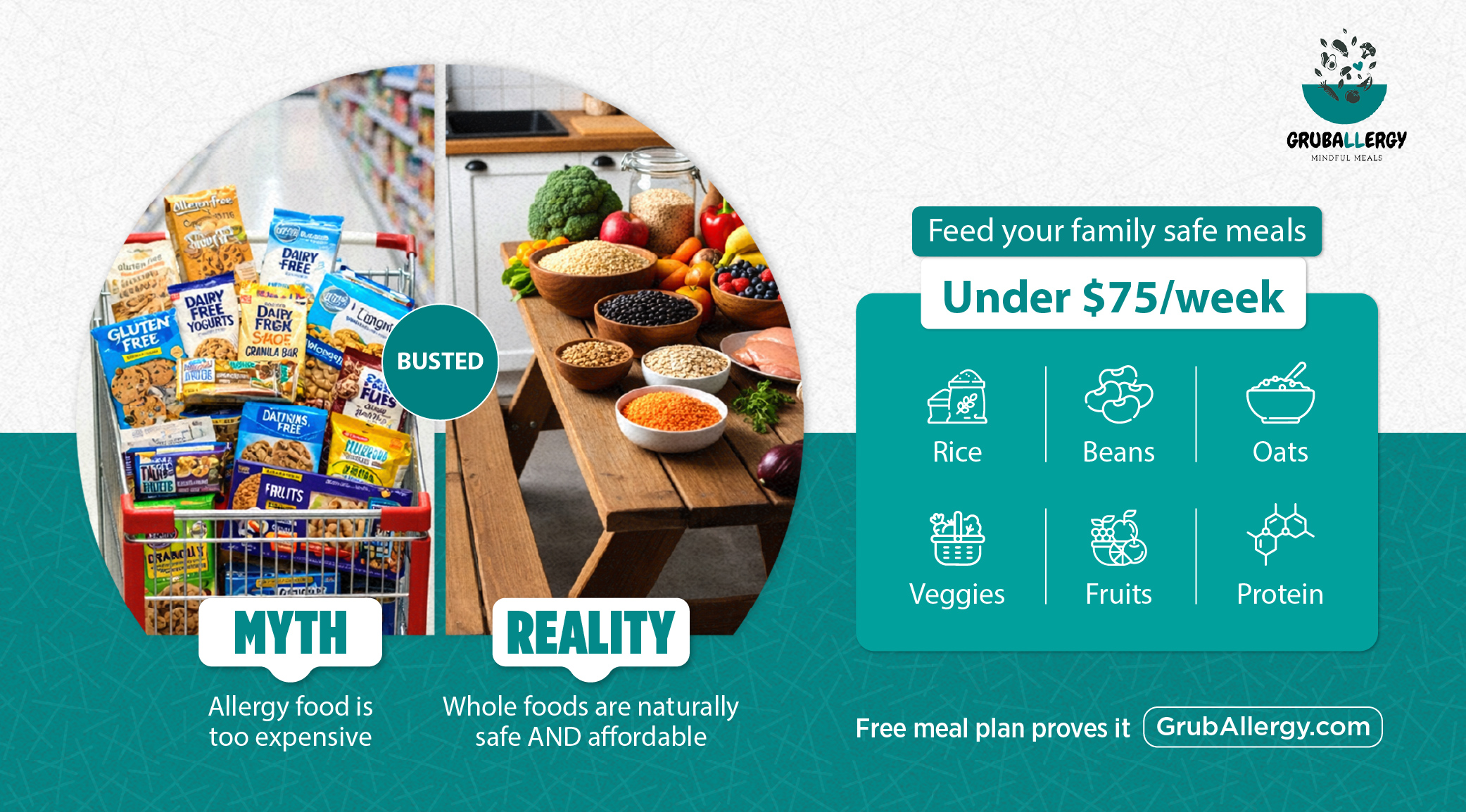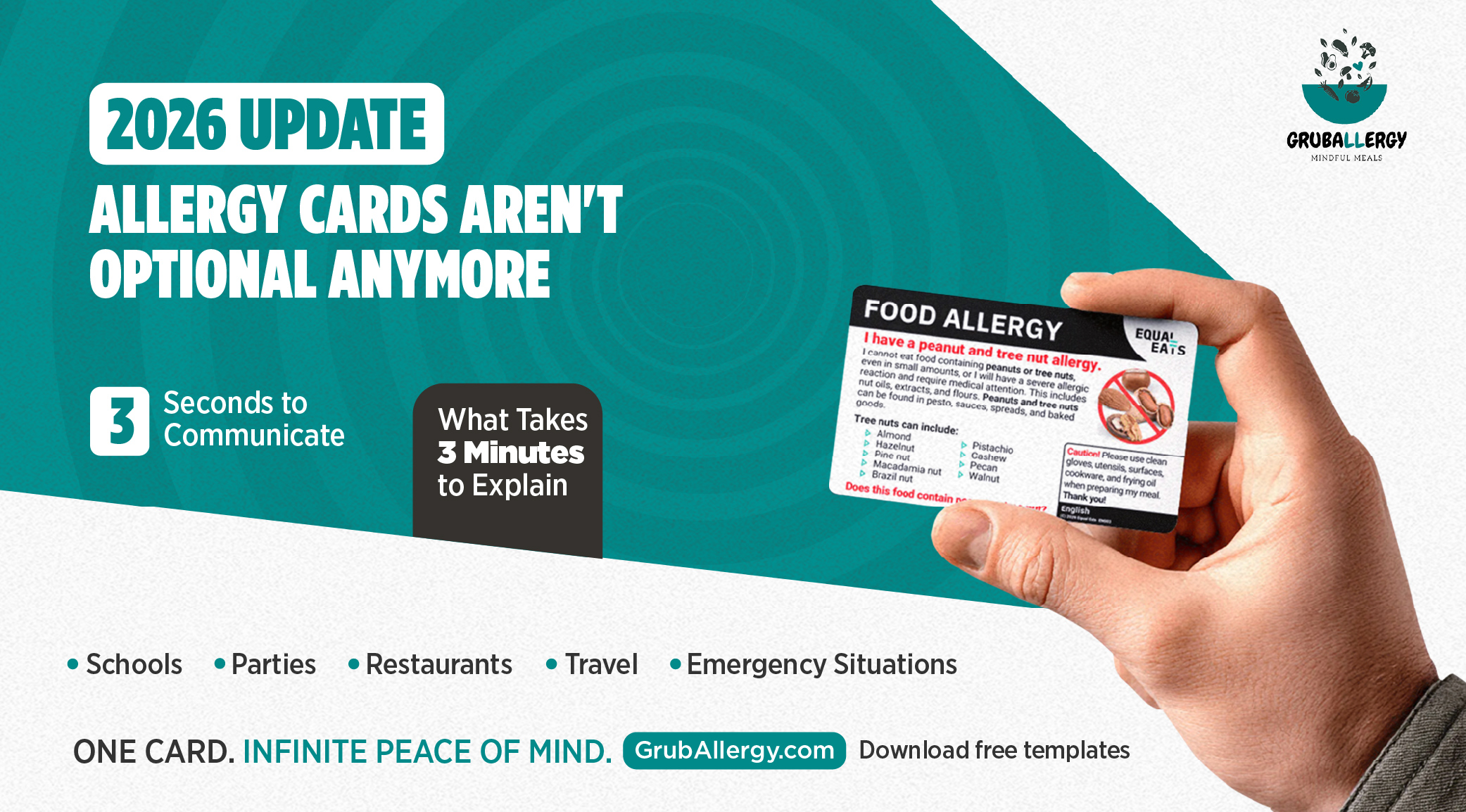
In recent years, growing awareness of digestive health has led more people to question whether their symptoms are caused by a food allergy or poor gut health. Bloating, stomach cramps, fatigue, and skin issues can all stem from dietary issues but distinguishing between a true food allergy and imbalanced gut health is not always straightforward. Understanding the difference is crucial, not only for proper treatment but also for avoiding unnecessary dietary restrictions and long-term health complications.
Understanding Food Allergies
A food allergy is an immune system response to a specific protein in food. When someone with a food allergy eats the triggering food, their immune system mistakenly identifies it as harmful and launches an attack. This can result in symptoms that range from mild (such as hives, itching, or digestive discomfort) to life-threatening (such as anaphylaxis, which involves difficulty breathing and a drop in blood pressure).
Food allergies are typically immediate and predictable. For example, someone allergic to peanuts will often have a reaction within minutes to two hours after consumption. Diagnosing a food allergy usually involves a combination of patient history, skin prick tests, and blood tests measuring Immunoglobulin E (IgE) levels.
What Is Poor Gut Health?
In contrast, poor gut health involves imbalances in the digestive system often due to an unhealthy diet, stress, overuse of antibiotics, or chronic illness. It is not an immune response to a specific food, but rather a complex condition that can manifest as gas, bloating, diarrhea, constipation, brain fog, and fatigue. One common indicator of poor gut health is dysbiosis, a disruption in the balance of gut microbiota.
Unlike food allergies, symptoms of gut health issues are often chronic and fluctuate depending on lifestyle and dietary patterns. Gut health problems are more subtle and may not be linked to a single food but rather to broader eating habits or underlying medical conditions such as irritable bowel syndrome (IBS), small intestinal bacterial overgrowth (SIBO), or leaky gut syndrome.
How to Tell the Difference
Symptom Onset and Duration
-
Allergy: Symptoms appear quickly after eating a specific food.
-
Gut Health: Symptoms are more gradual or persistent and not tied to one particular food.
Type of Symptoms
-
Allergy: Skin reactions, swelling, respiratory issues, or severe gastrointestinal distress.
-
Gut Health: Gas, bloating, irregular bowel movements, fatigue, and general discomfort.
Testing and Diagnosis
-
Allergy: Confirmed through allergen-specific IgE tests or skin prick testing.
-
Gut Health: Diagnosed with stool tests, breath tests, or elimination diets; often involves a more holistic assessment of diet and lifestyle.
Response to Treatment
-
Allergy: Avoiding the allergen resolves symptoms entirely.
-
Gut Health: Requires broader interventions such as probiotics, dietary changes, stress management, and sometimes medication.
Why It Matters
Misidentifying gut health problems as food allergies can lead to overly restrictive diets that do more harm than good. Conversely, dismissing a true allergy as a gut issue could result in serious health risks. Accurate diagnosis allows for better treatment and improves quality of life. If you're unsure, it's important to consult a healthcare provider who may refer you to a dietitian, allergist, or gastroenterologist for appropriate testing.
Conclusion
While food allergies and poor gut health can produce overlapping symptoms, they stem from entirely different causes and require distinct treatments. Recognizing the key differences such as timing, severity, and response to specific foods can help individuals take the right steps toward healing. In the quest for optimal health, knowledge and proper guidance are the most effective tools to manage allergy or allergies effectively and holistically.
FAQ

You may also like
Leave a Reply

Get a free consultation with GrubAllergy.
Share your child's food allergy history, and let us guide you with expert advice on managing and navigating food allergies with confidence.



.png)







